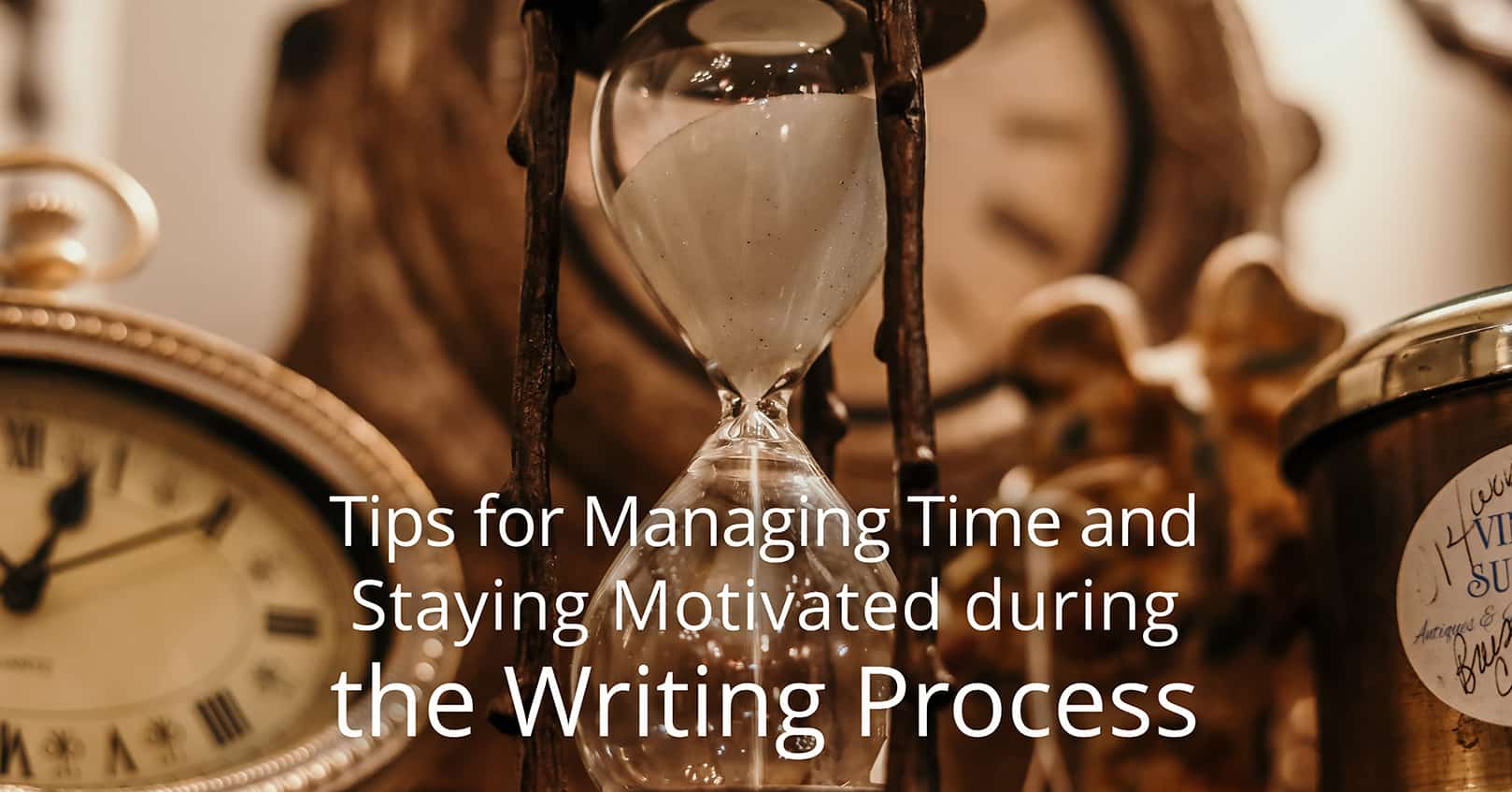
Managing time can be particularly challenging for authors due to the unique nature of the writing process. Writing requires dedicated blocks of time for concentration, deep thinking, and creative flow. However, this creative flow can be elusive, and writers often struggle with finding the right balance between structure and spontaneity.
Additionally, authors often have to juggle multiple responsibilities and commitments alongside their writing, such as day jobs, family obligations, or other personal and professional commitments. These competing priorities can make it difficult to carve out consistent and uninterrupted time for writing.
Moreover, writers may also face internal pressures, such as self-doubt, perfectionism, or the fear of failure, which can further impact their ability to manage time effectively.
Furthermore, the absence of external deadlines or accountability can contribute to procrastination and difficulty in adhering to self-imposed schedules. In the realm of creativity, the process itself is nonlinear, and ideas may come at unexpected times, making it challenging to adhere to rigid time management plans.
All these factors combined make time management a constant struggle for authors, requiring intentional effort and strategies to create a balance between the demands of daily life and the pursuit of their writing goals.
Tips for Managing Time and Staying Motivated when Writing
Managing time and staying motivated are crucial aspects of the writing process. Here are some practical tips to help you effectively manage your time and maintain motivation:
- Set Clear Goals: Clearly define your writing goals, whether it’s completing a certain number of words or finishing a specific chapter. Break down larger goals into smaller, manageable tasks to make progress more achievable.
- Create a Writing Schedule: Establish a consistent writing routine that works best for you. Set aside dedicated time each day or week for writing and treat it as a priority. Stick to your schedule as much as possible to develop discipline and make writing a habit.
- Find Your Optimal Writing Environment: Identify the environment in which you feel most productive and creative. Whether it’s a quiet corner of your home, a local café, or a library, choose a space that minimizes distractions and allows you to focus on your writing.
- Use Productivity Tools: Explore various productivity tools and techniques to help you manage your time effectively. Use time management apps, writing software, or project management tools to set deadlines, track progress, and stay organized.
- Set Realistic Deadlines: Establish realistic deadlines for yourself and adhere to them. Deadlines create a sense of urgency and help you stay motivated. Break down your writing project into smaller milestones with corresponding deadlines to maintain a sense of progress.
- Practice Self-Care: Take care of your physical and mental well-being to ensure sustained motivation. Get enough sleep, eat nutritious meals, and incorporate exercise or relaxation techniques into your routine. A healthy body and mind contribute to increased focus and creativity.
- Find Accountability Partners: Seek out writing buddies or join writing groups where you can share your goals, progress, and challenges. Being accountable to others can provide motivation, support, and constructive feedback.
- Embrace Freewriting and Creativity Exercises: Incorporate freewriting sessions or creativity exercises into your routine to warm up your writing muscles and overcome writer’s block. Give yourself permission to write without judgment or the pressure of perfection.
- Celebrate Milestones and Achievements: Acknowledge and celebrate your writing milestones and achievements along the way. Whether it’s completing a chapter, reaching a word count goal, or receiving positive feedback, rewarding yourself boosts motivation and reinforces your progress.
- Stay Inspired and Seek Inspiration: Surround yourself with inspiration. Read books in your genre, explore different writing styles, and expose yourself to various forms of art and storytelling. Engage in activities that fuel your creativity, such as attending writing conferences, workshops, or joining online communities.
Specific Time Management Techniques
Above we’ve provided more general tips and tricks for managing your time so that you can optimize your day for writing. However, some people prefer to use specific time management methods. Below are several time management techniques that are very effective. See if one, or even two, sound like methods you’d like to try.
- The Pomodoro Technique: This is a time management method developed by Francesco Cirillo in the late 1980s. It involves breaking work into focused intervals, typically 25 minutes in length, known as “Pomodoros,” followed by short breaks, typically around 5 minutes. After completing around four Pomodoros, take a longer break of around 15-30 minutes to recharge and rejuvenate.The Pomodoro Technique helps improve focus, productivity, and time management by breaking work into manageable intervals and providing regular breaks. It promotes a balance between intense concentration and periodic rest, allowing for sustained productivity and avoiding burnout. This method can be particularly useful for authors to manage their writing sessions effectively and stay on track with their goals.
- Time Blocking: This method involves dividing your day into blocks of time dedicated to specific tasks or activities. By assigning specific time slots for different activities, you create a structured schedule that helps you stay organized and focused.
- The Eisenhower Matrix: This technique, also known as the Urgent-Important Matrix, helps prioritize tasks based on their urgency and importance. It involves categorizing tasks into four quadrants: Urgent and Important, Not Urgent but Important, Urgent but Not Important, and Not Urgent or Important. You can better manage your time by focusing on important tasks and minimizing time spent on less important or non-urgent tasks.
- The 80/20 Rule (Pareto Principle): The 80/20 rule suggests that 80% of your results come from 20% of your efforts. Identify the tasks or activities that yield the most significant results or bring the most value and prioritize them. Focus your time and energy on the most impactful activities to maximize productivity.
- Task Batching: This technique involves grouping similar tasks together and tackling them in dedicated blocks of time. You can minimize context switching and improve efficiency by batching similar activities, such as responding to emails, making phone calls, or conducting research.
- The Two-Minute Rule: If a task takes less than two minutes to complete, do it immediately. This rule helps prevent small tasks from piling up and becoming distractions, allowing you to address them promptly.
- The Pomodoro Technique Variations: While the traditional Pomodoro Technique uses 25-minute work intervals, you can adjust the time intervals to suit your preferences and concentration span. Some variations include shorter Pomodoro intervals, such as 10 or 15 minutes, for quick bursts of focused work, or longer intervals, such as 50 or 60 minutes, for more extended periods of deep work.
Remember that the writing journey is unique for every author. Experiment with different strategies, identify what works best for you, and be flexible in adapting your approach as needed. By managing your time effectively and nurturing your motivation, you can stay on track, make progress with your writing, and bring your stories to life.
Do you use any time management techniques to help you manage your time and stay motivated when writing? Share with us in the comments below!
















Comments